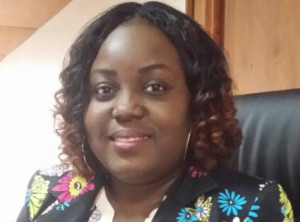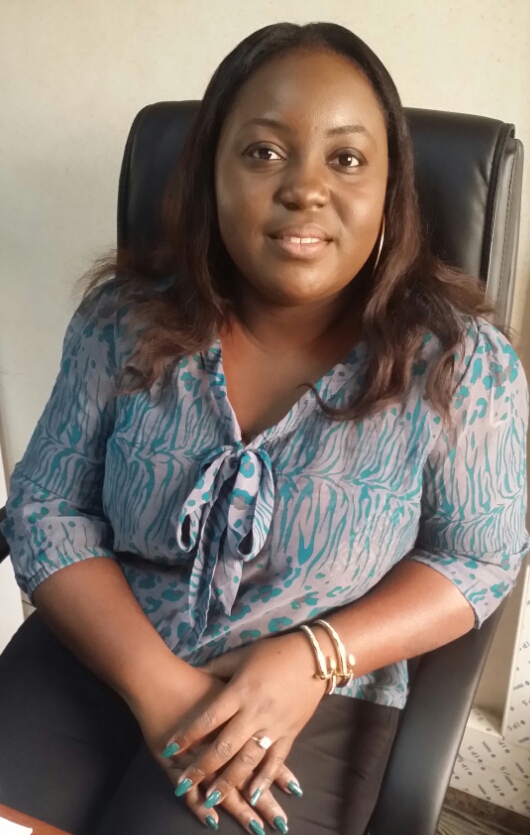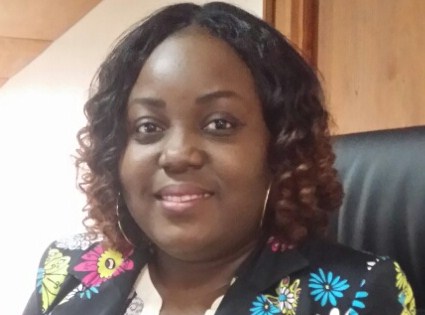A salute to diversity’s promotion in America

BY CARMEN VIDJANGNI
Did you say president? Yes, president of the Harvard Law Review, a prestigious academic publication in this elite school ranked as the world’s sixth university in one of the rankings for the 2016-2017 academic year, and the fourth best in the United States. The new president of this elite review for the coming year is a minority among the minorities, a woman and a black from African descent, Imelme Umana, who is expected to receive her doctorate degree in Law in 2018.
This election places a heavy burden on the frail shoulders of a young woman who, reassuringly, is smart and experienced, having competently carried out an another important responsibility at Harvard.
There is no apparent connection between Umana’s election nearly two weeks ago and the recent presidential election in the United States. But her election comes as a breath of fresh air in the context of America’s reluctance to elect its first woman president last November, preferring (?), instead, a prejudiced, vulgar man who bled heavily from self-inflicted wounds of proven women’s groping to the finish line, calling women pigs and other gross names. (No wonder the day following his inauguration, women came out in larger numbers than the relatively small crowd that attended his inauguration to protest his election.)

Umana’s election as the first black female leader of the Harvard Law Review is the result of the school’s recent heavy push towards diversity. Harvard University, a cross-roads of some of the brightest minds in the world, with a 25% foreign students population, is a more diverse, sophisticated and open-minded world than the fraction of the U.S. population that has voted for Trump: living predominantly in rural areas, generally with no college degree, and in the $25,000-$30,000 annual income bracket.
It should therefore be expected that as the American population gets more sophisticated—which won’t happen on the watch of the current unsophisticated U.S. president—there will be a better chance for the biggest democracy of our time to elect a president of any gender, be he black like the first black president of the Harvard Law Review, one Barack Obama of African descent like Umana, who rose to the highest position in the land in 2008 and won a landslide re-election four years later despite the relentless, vicious attacks of his political adversaries.
________________
A 2011 graduate of Université Polytechnique Internationale du Bénin, UPIB—one of the leading private universities in Benin, West Africa—where she earmed a professional Master’s Degree in Auditing, Management Control and Taxation Laws, Carmen Vidjangni is currently an accountant at Société Civile Immobilière LELITE in Cotonou, Benin’s administrative capital. An avid follower of world affairs, Vidjangni shows a special interest in matters related to gender equality.
____________
The views expressed in this article are the author’s own and do not necessarily reflect The African‘s editorial policy.


